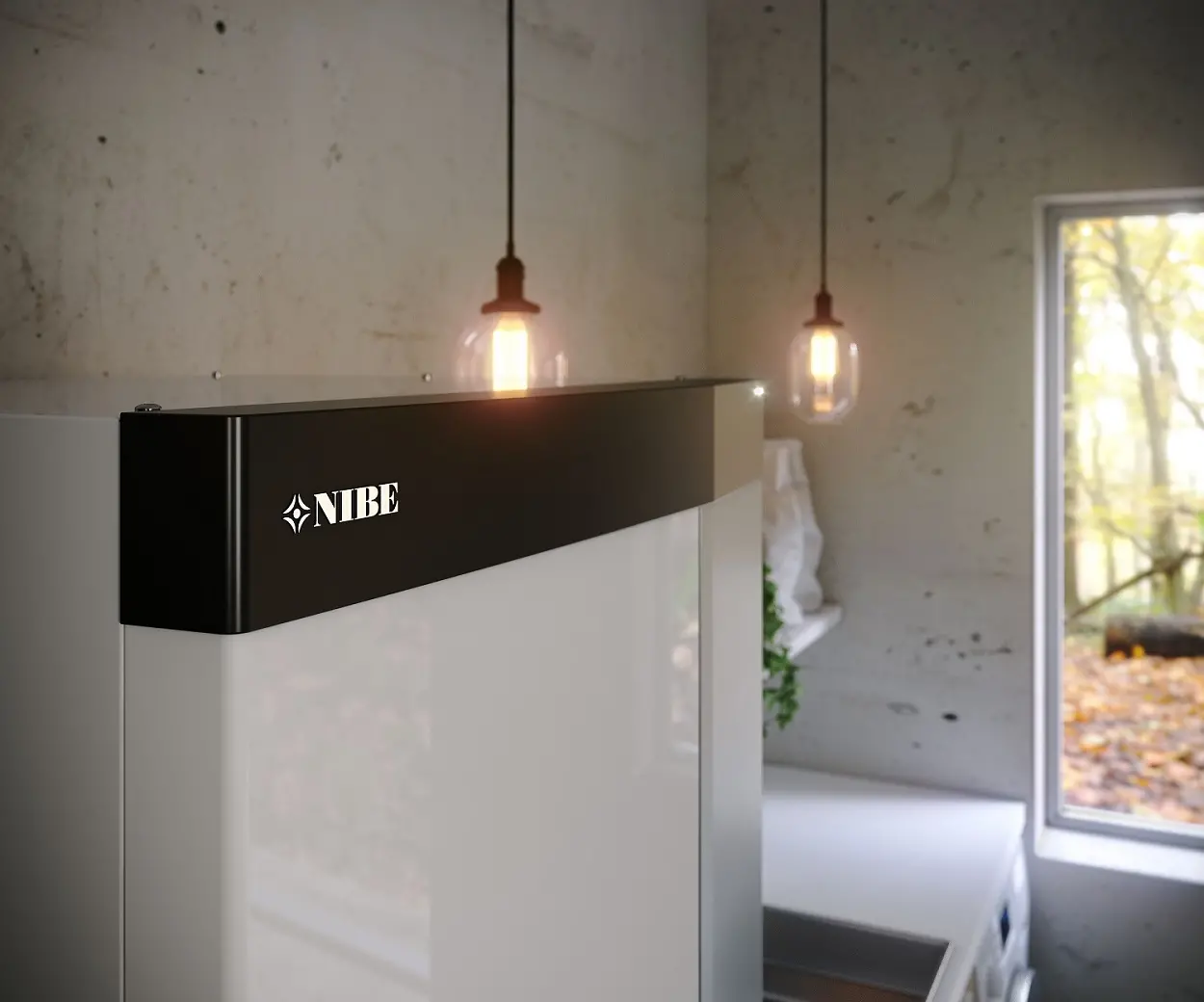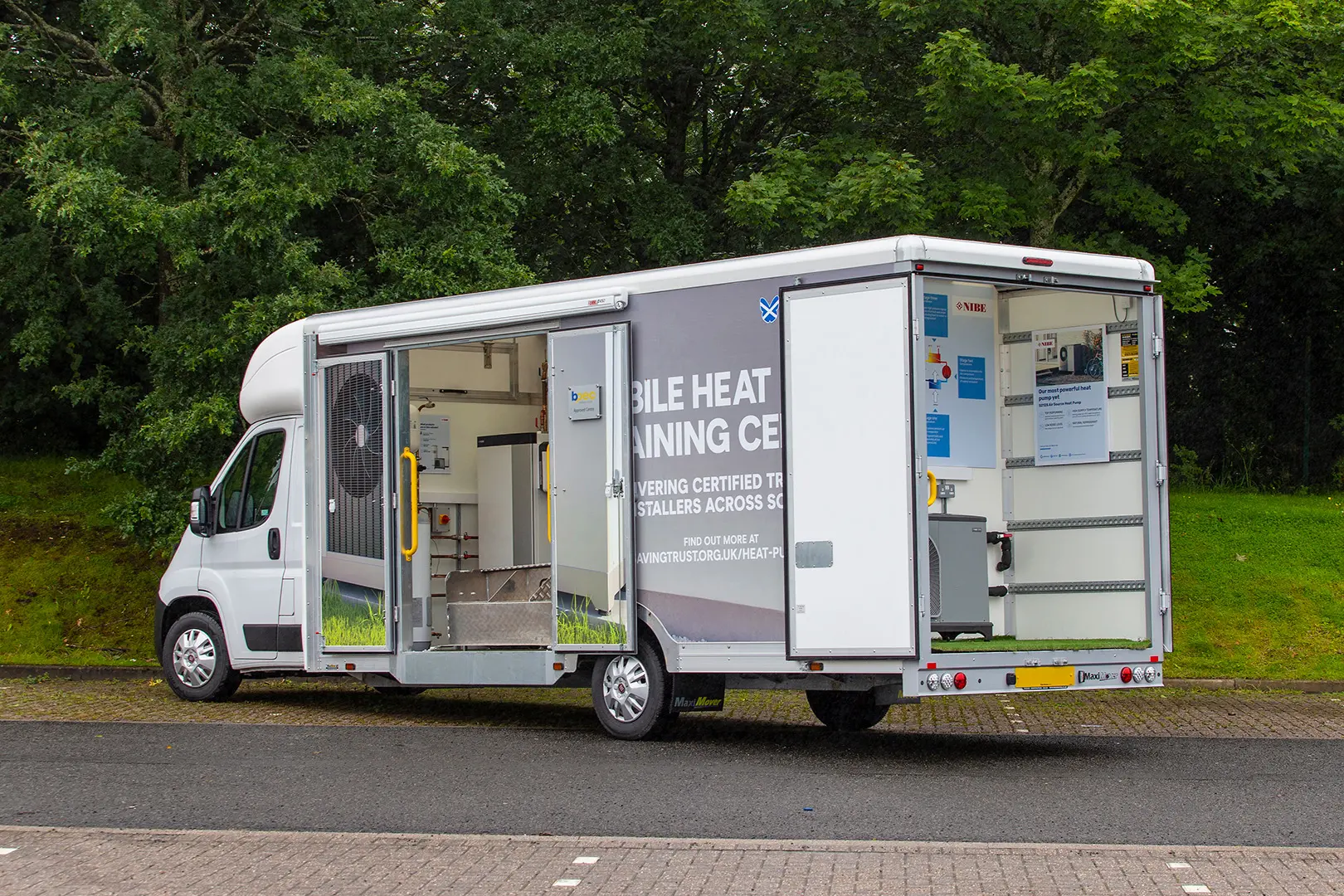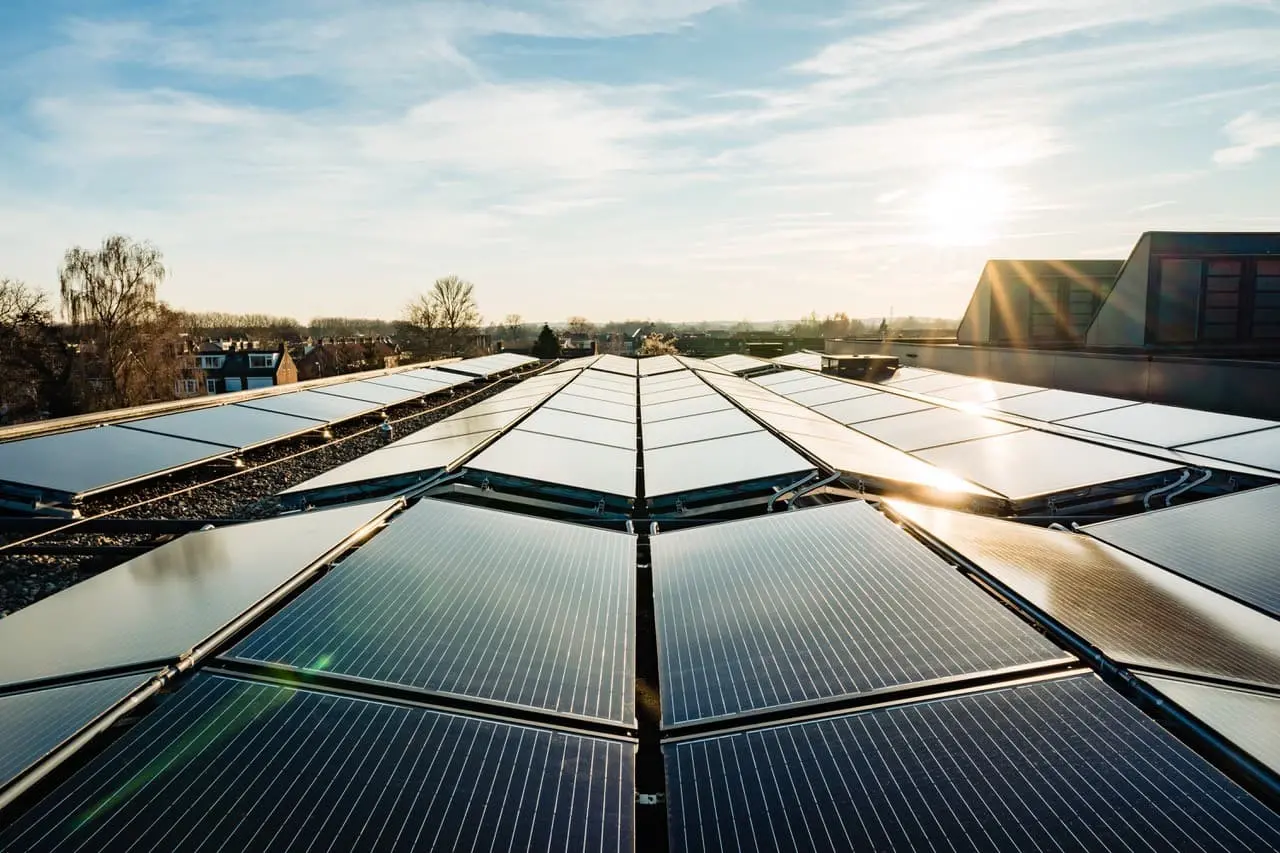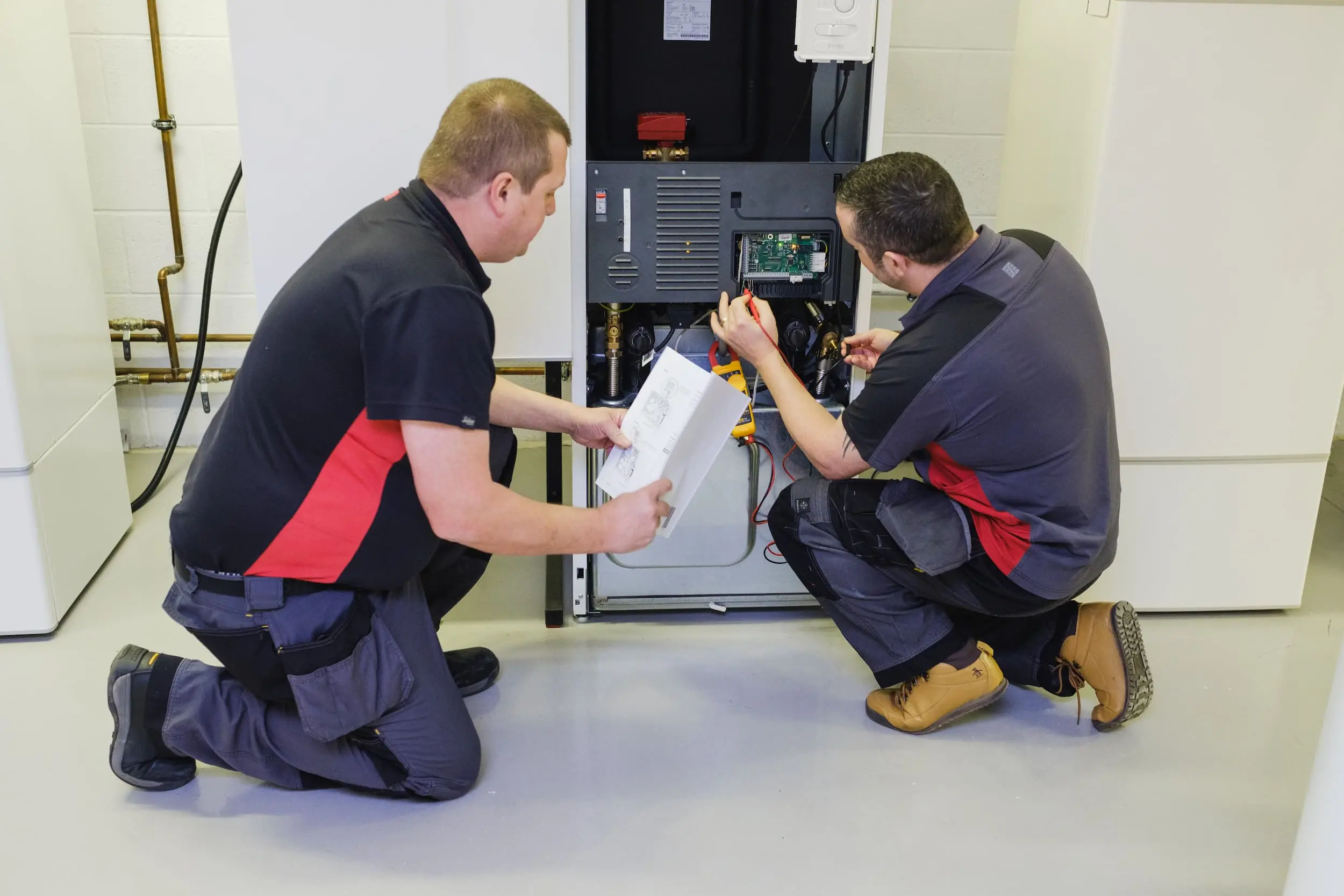
NIBE News
Want to read more about NIBE? Simply select the year you are interested in!
Categories:
- Select a year
- 2022
- 2023
- 2024
- 2025
NIBE strengthens Scottish distribution through new partnership with William Wilson
09/12/2025
NIBE launches nationwide Virgin Radio Network sponsorship to spotlight the UK’s shift toward low-carbon home heating
25/11/2025
NIBE wins national award for pioneering quiet, high-performance heat pump technology
24/10/2025
NIBE Adds Heat Network Solutions to UK Portfolio with Cetetherm Pioneer HIU and substations
19/08/2025
NIBE UK Joins GMCA Net Zero Housing Retrofit Framework to Support Greater Manchester’s Low Carbon Goals
30/07/2025
NIBE unveils direct-to-consumer channel and new training partnership at record-breaking InstallerSHOW 2025
09/07/2025
NIBE Launches First UK Show Apartment Showcasing Sustainable Heating Innovation
01/04/2025
We need all types of heat pumps to decarbonise UK homes” says Paul Smith, MD for NIBE.
06/12/2024
A step in the right direction but more needs to be done, says Paul Smith, MD for NIBE
31/10/2024
The House of Lords Committee has found that the Boiler Upgrade Scheme is failing to deliver
22/02/2023

Grand Reopening of NIBE’s Newly Refurbished Chesterfield Heat Pump Training Academy
2022
Innovative New Photovoltaic-Thermal Collectors for Heat Pumps Launched by NIBE Energy System
2022

NIBE Pro – an industry-leading training and support scheme for heating installers
2022
Showcasing your heat pumps installations with a case study – the power of story telling
2022
Press Contact: Natalie Glorney (PR Manager)
Direct Phone Number: +44 7908 078084
Email: natalie.glorney@nibe.co.uk

Funding in the UK
Discover available grants















.jpg)





%20Image%201.webp)

















%20Year%20End%20Report%202019.webp)


.webp)





